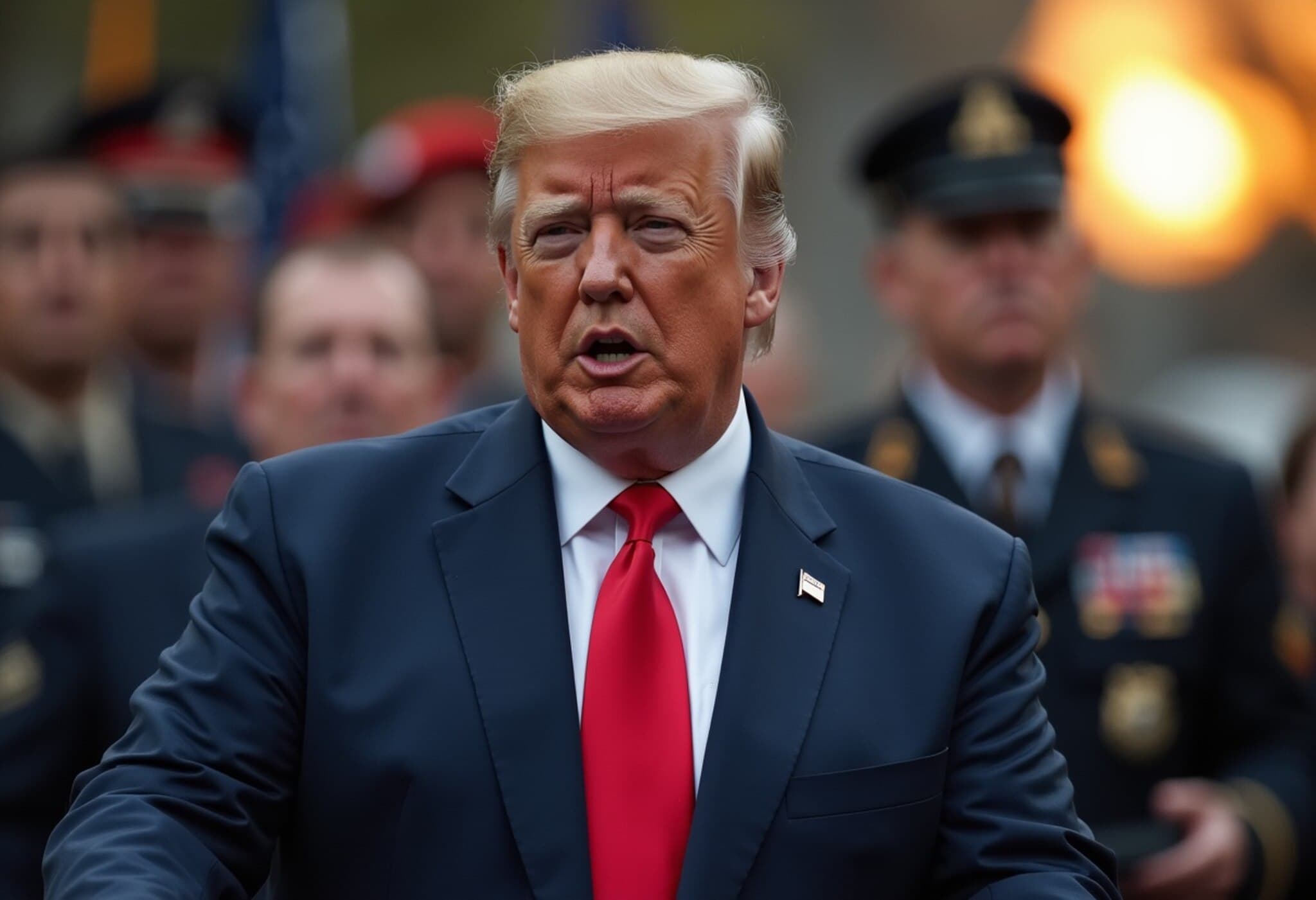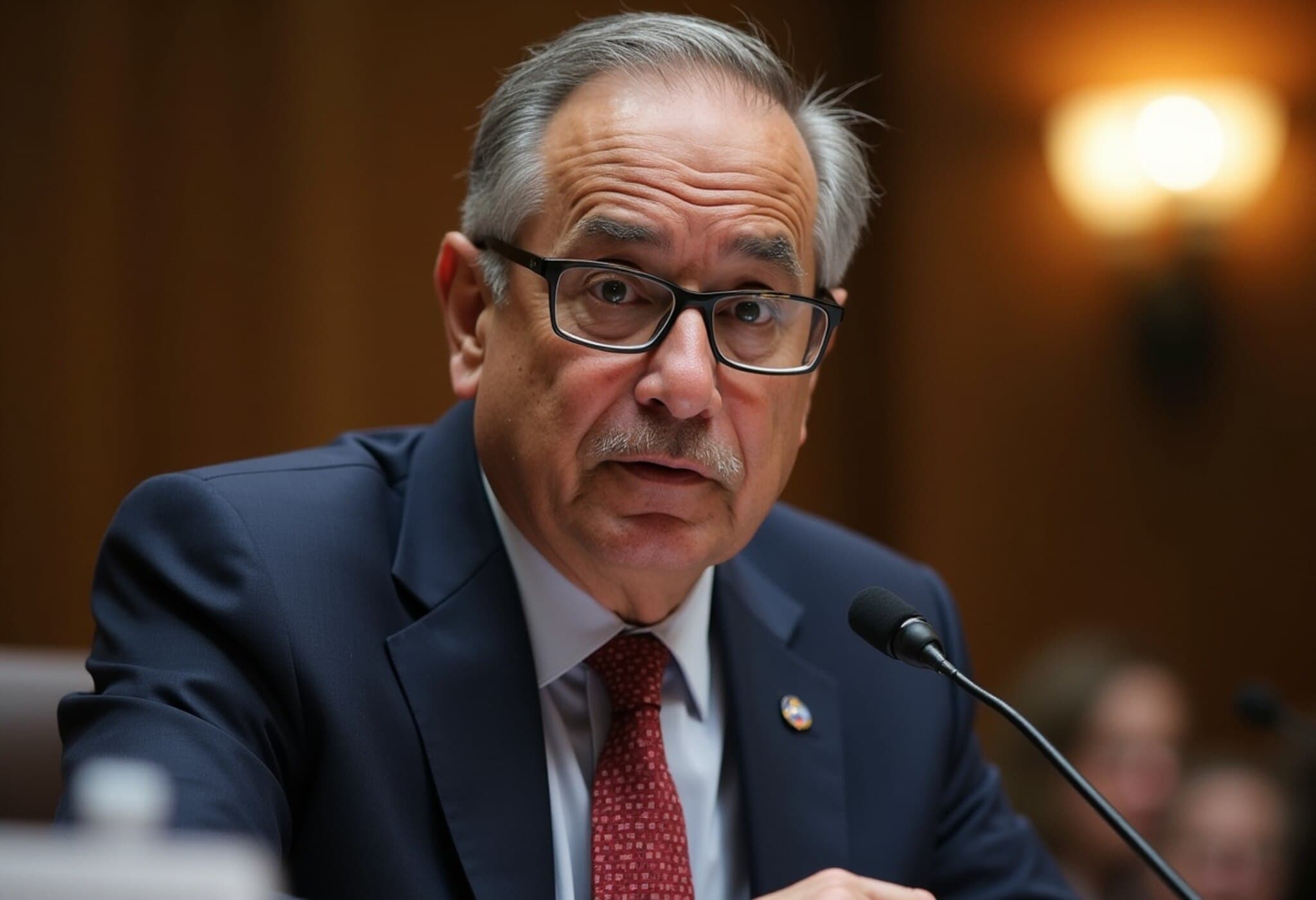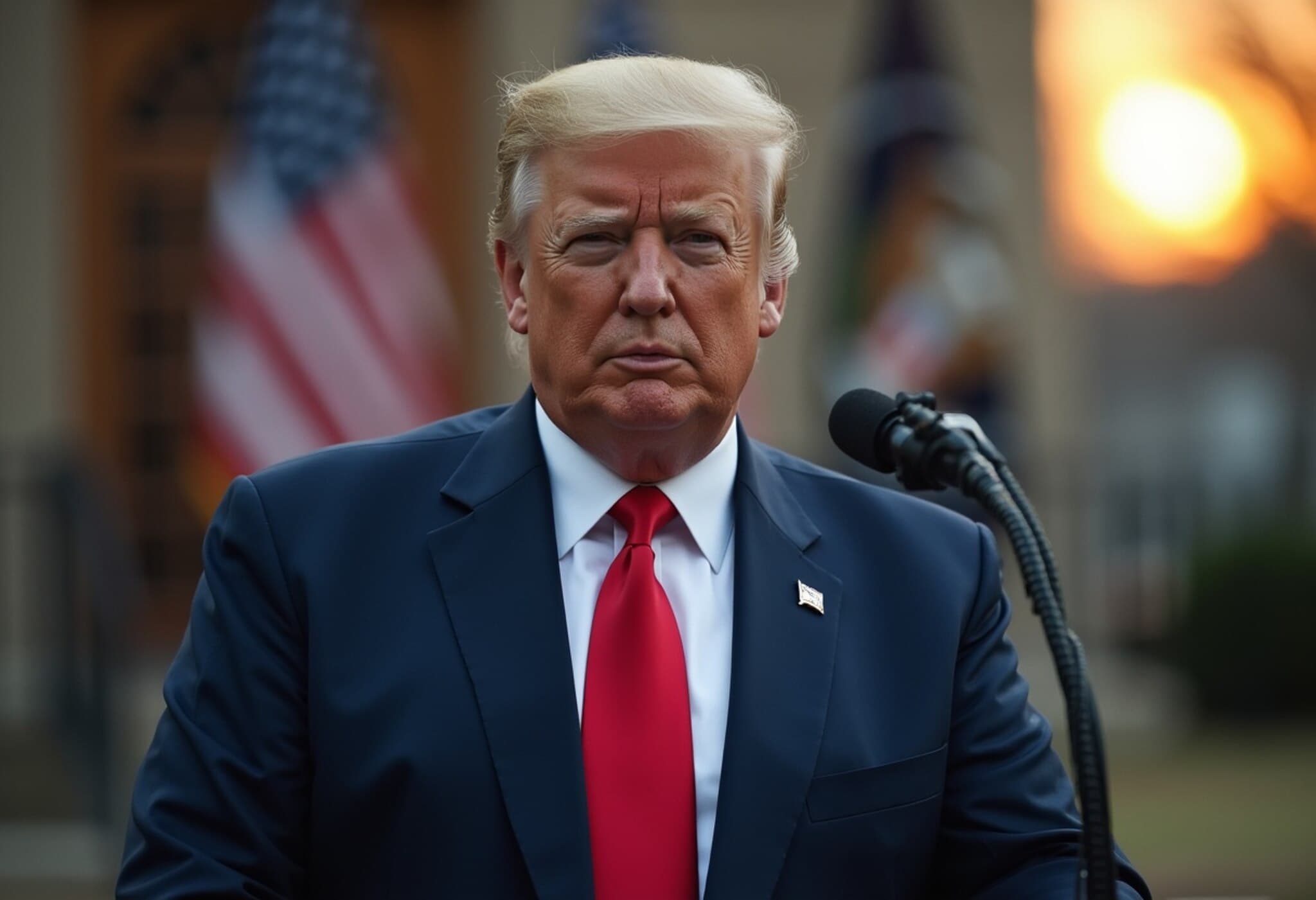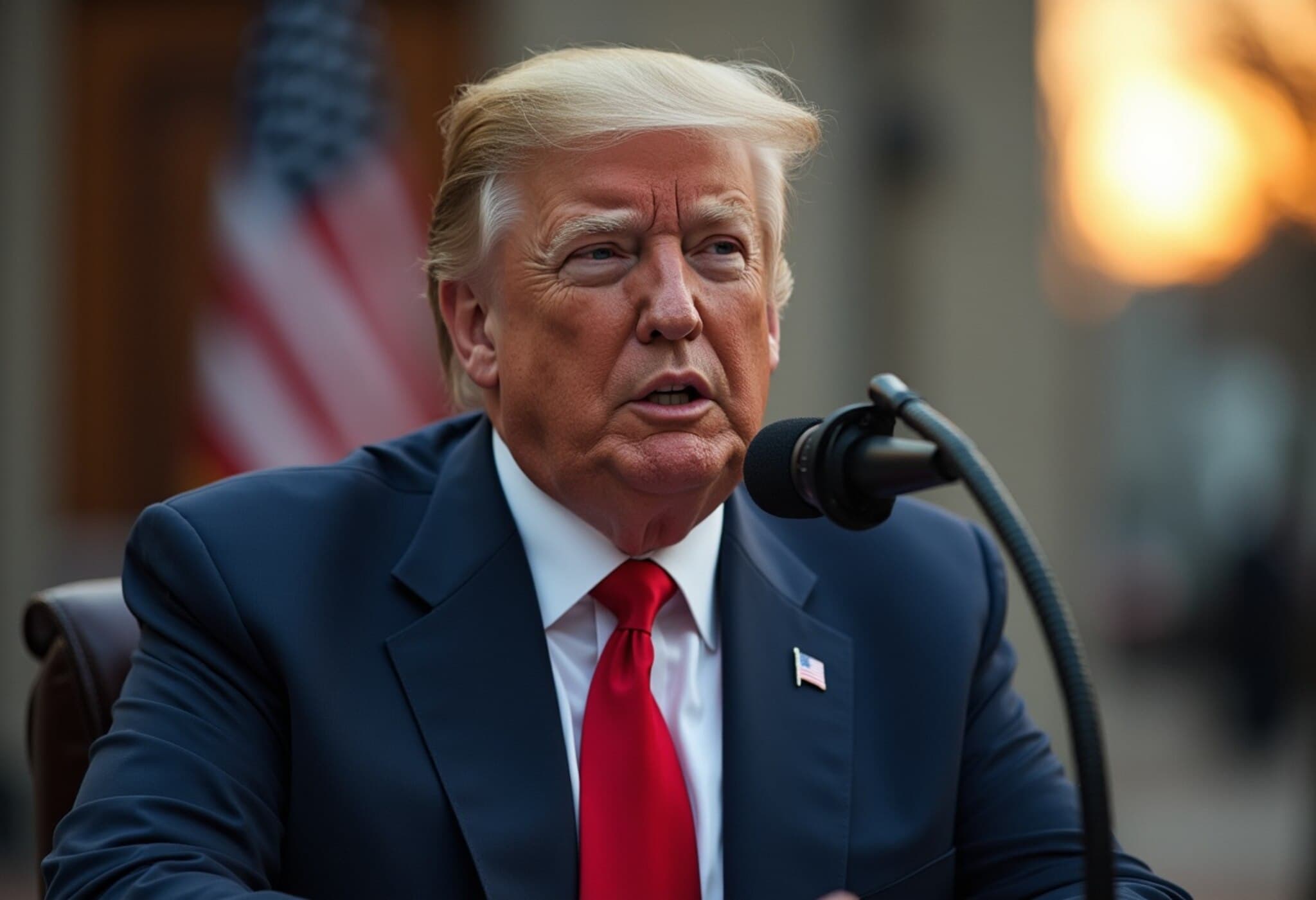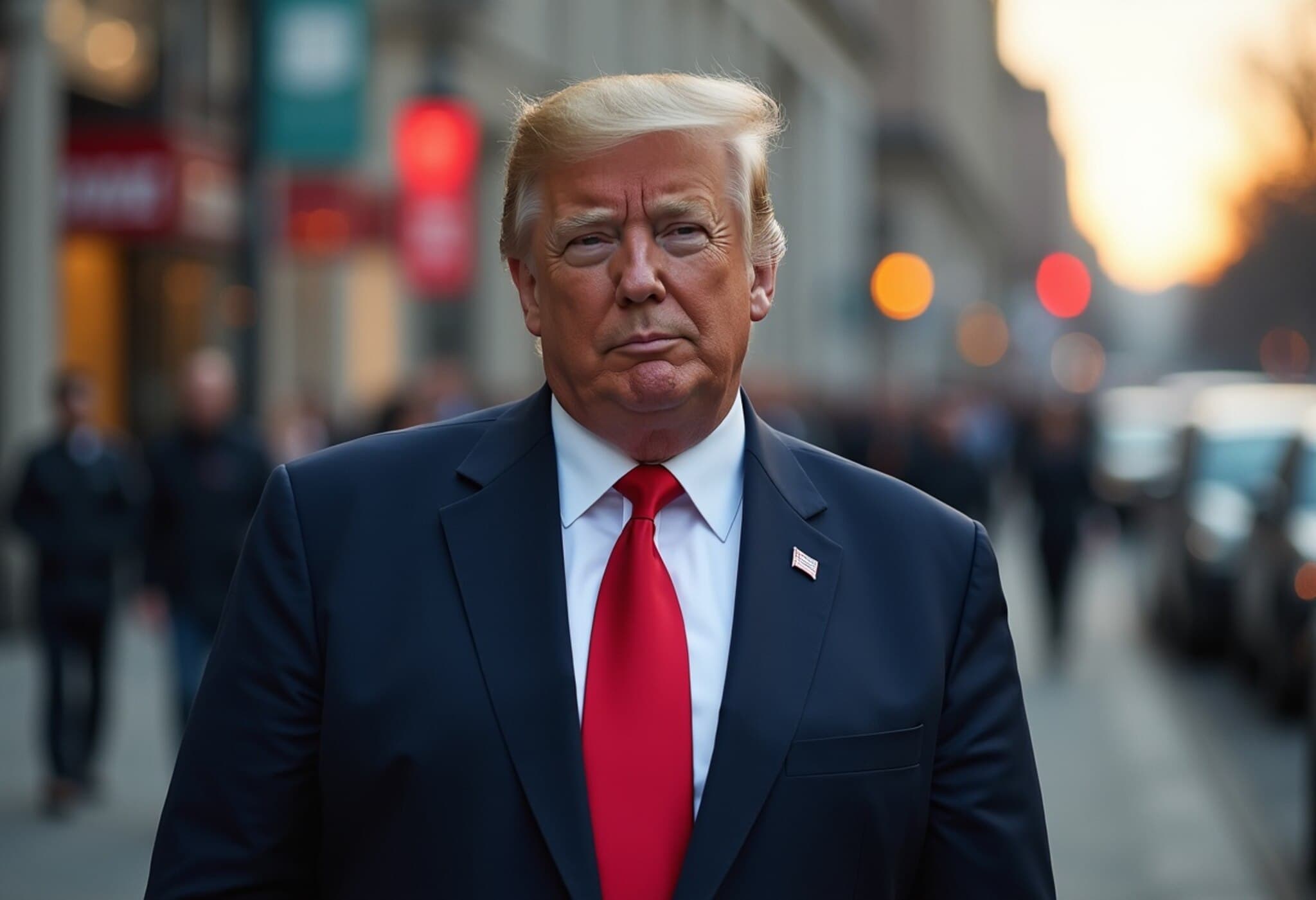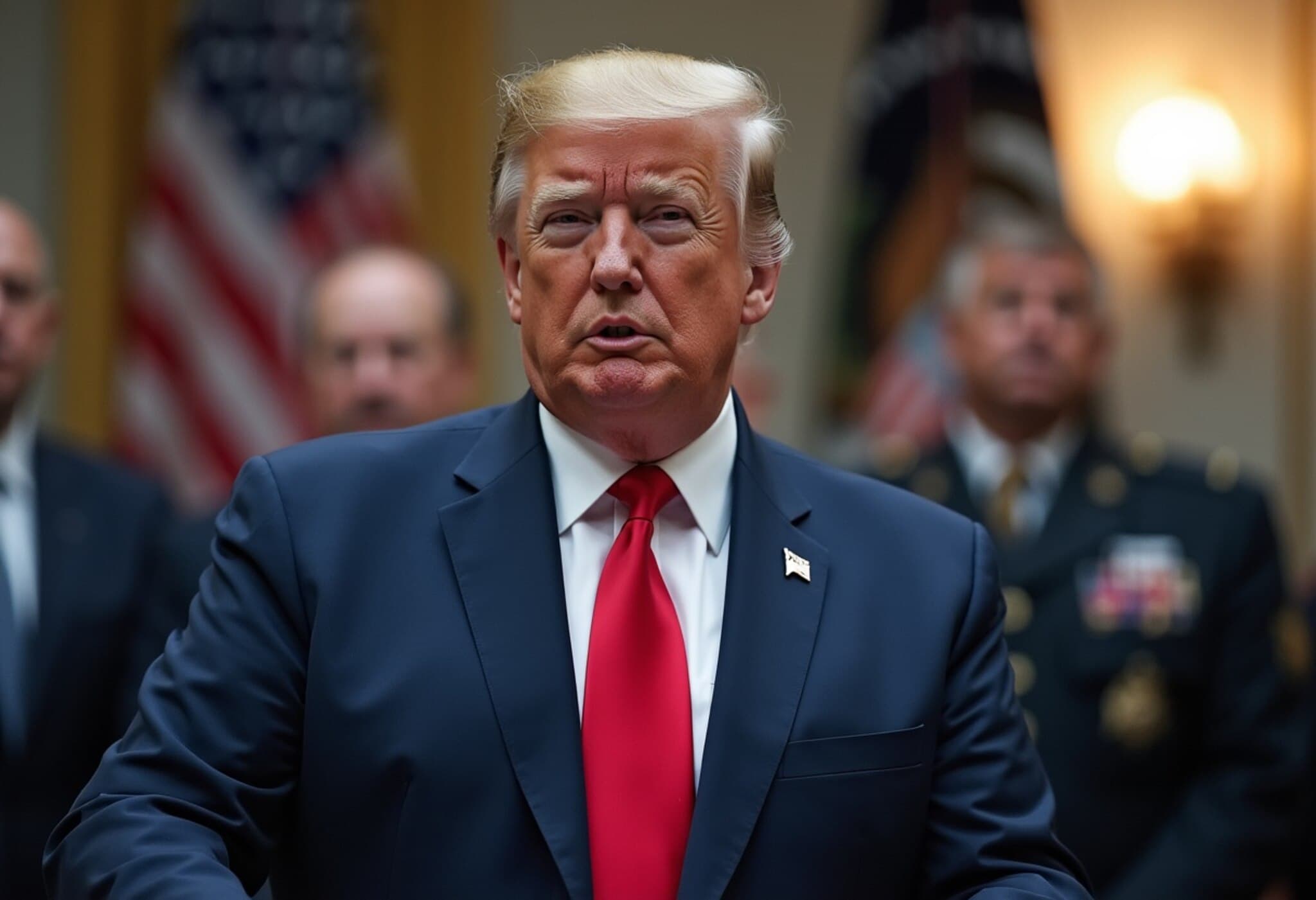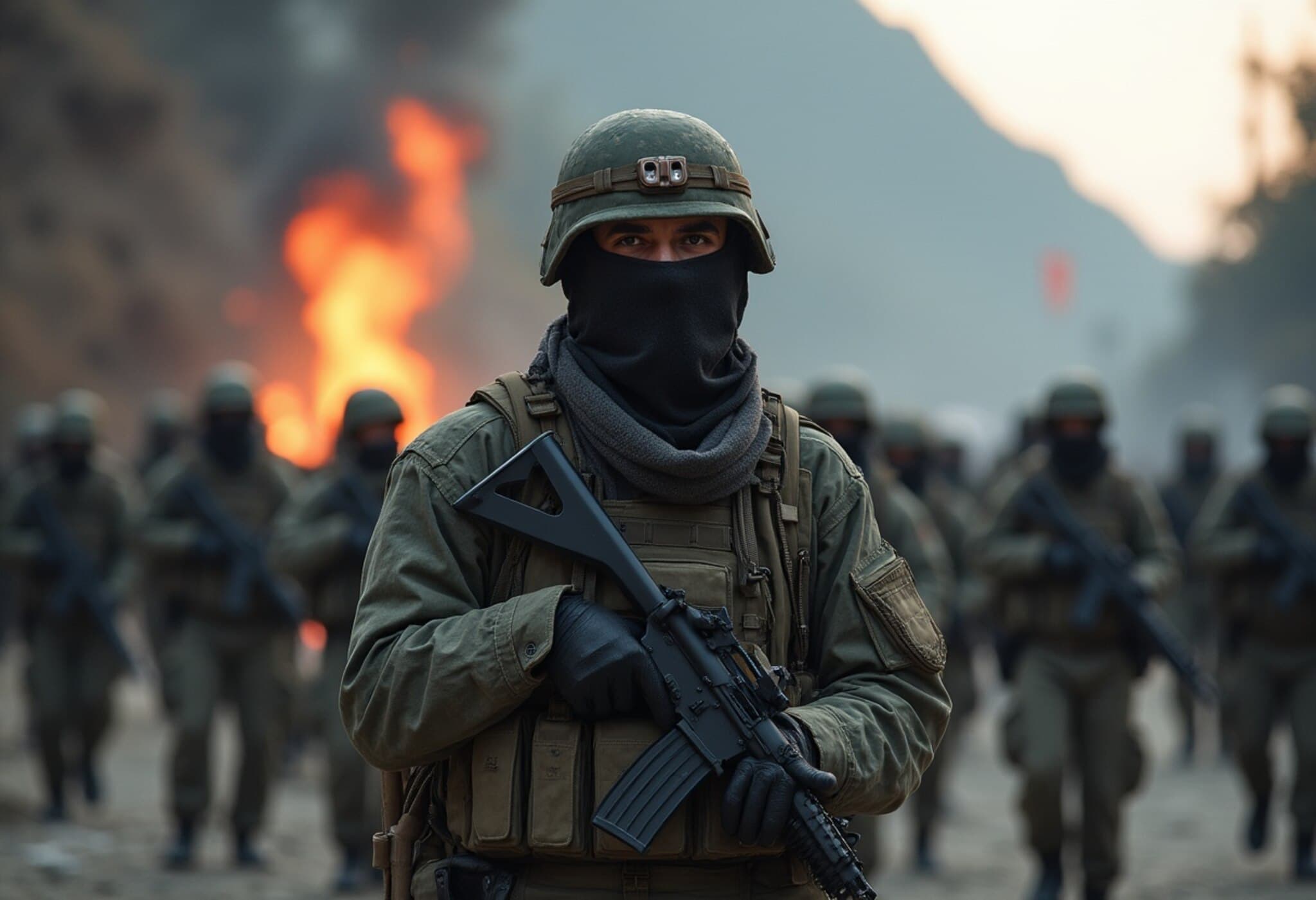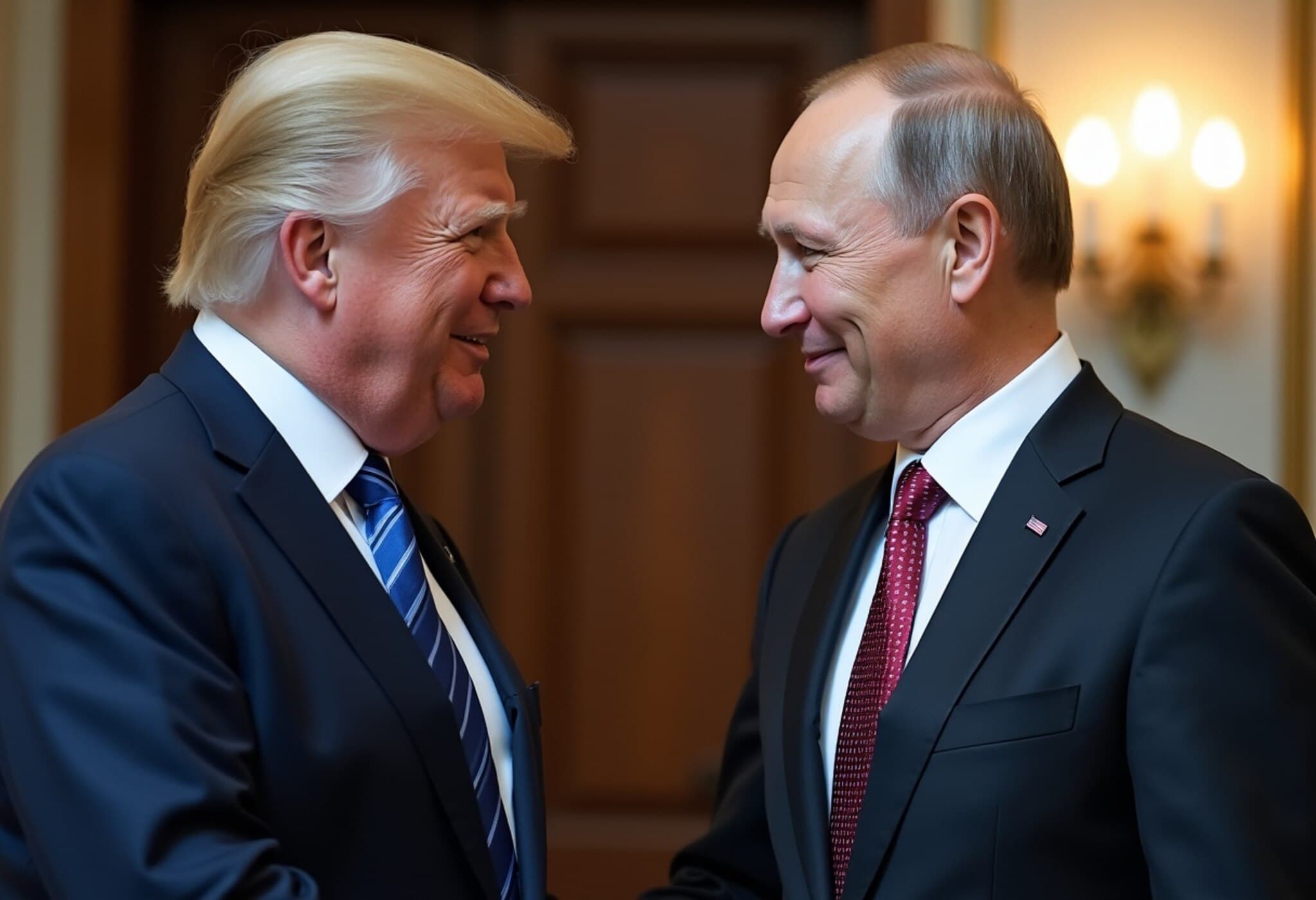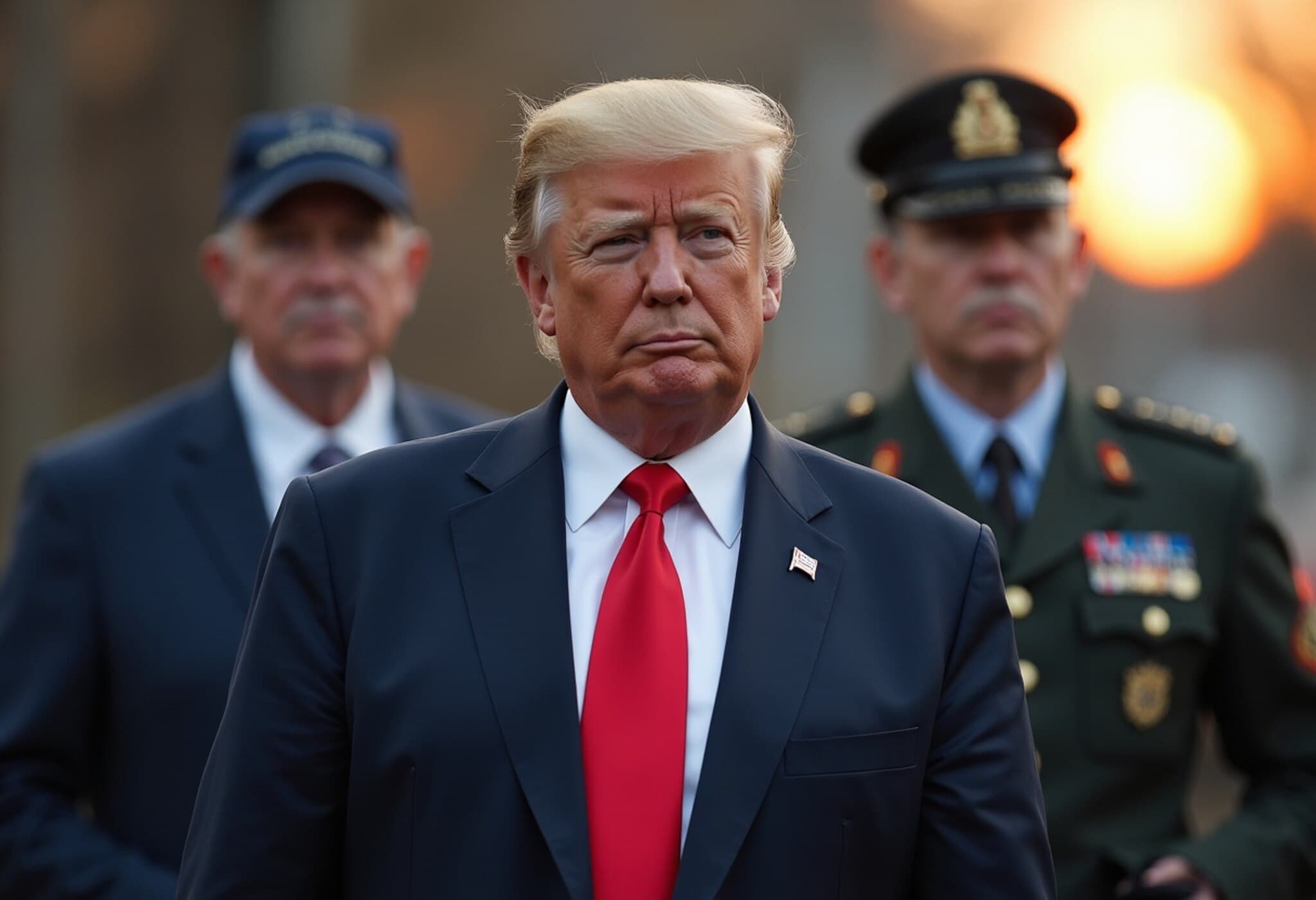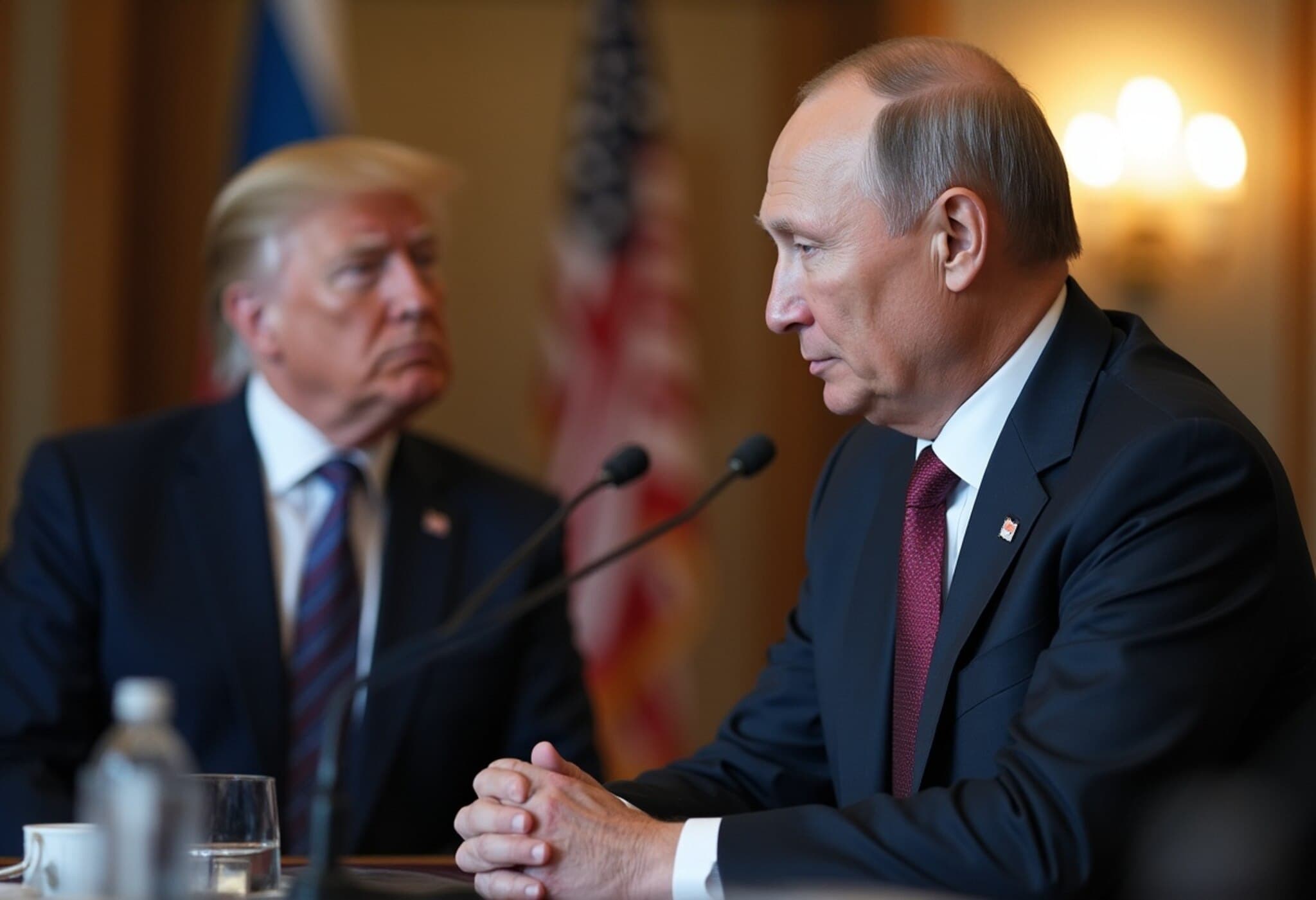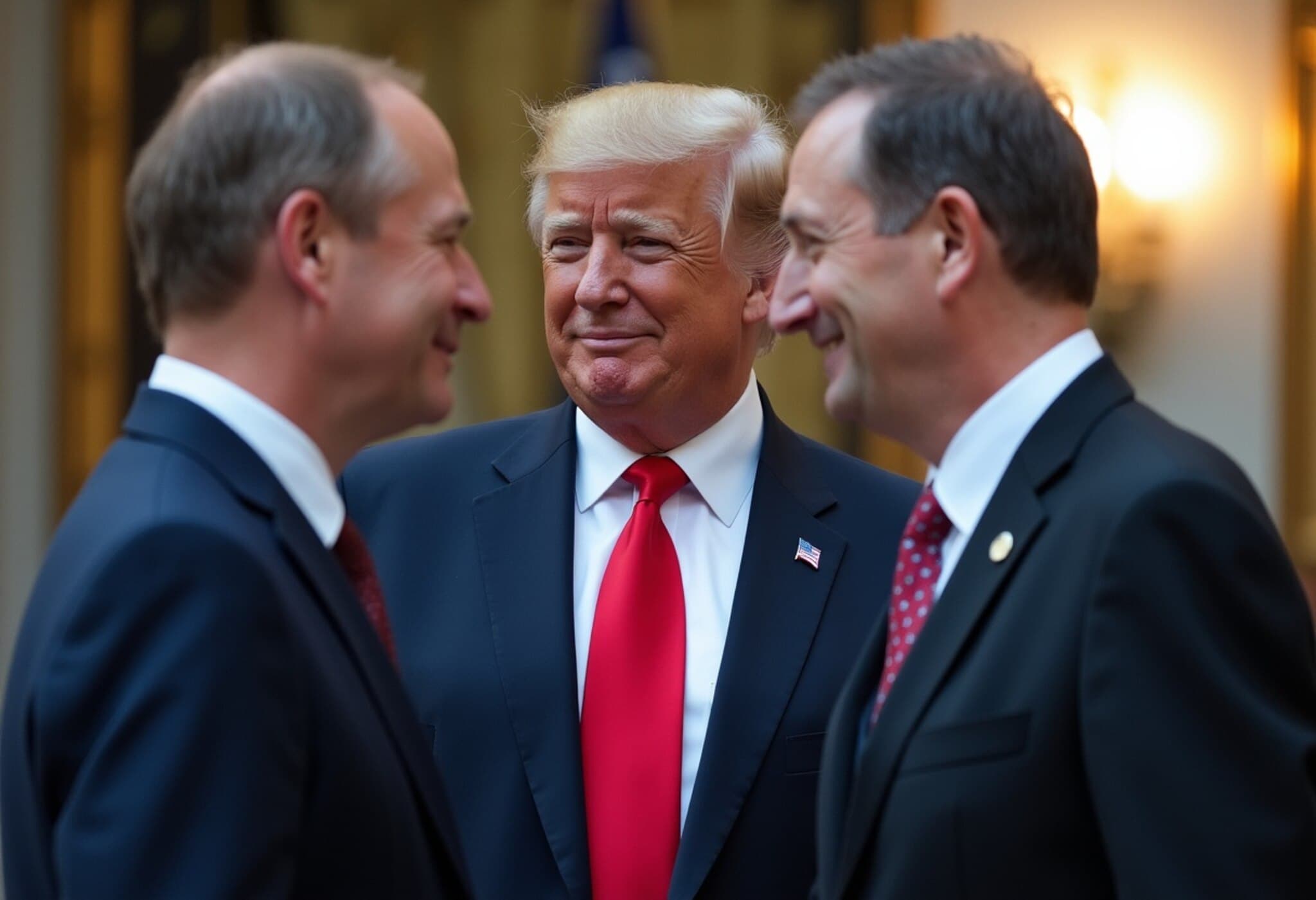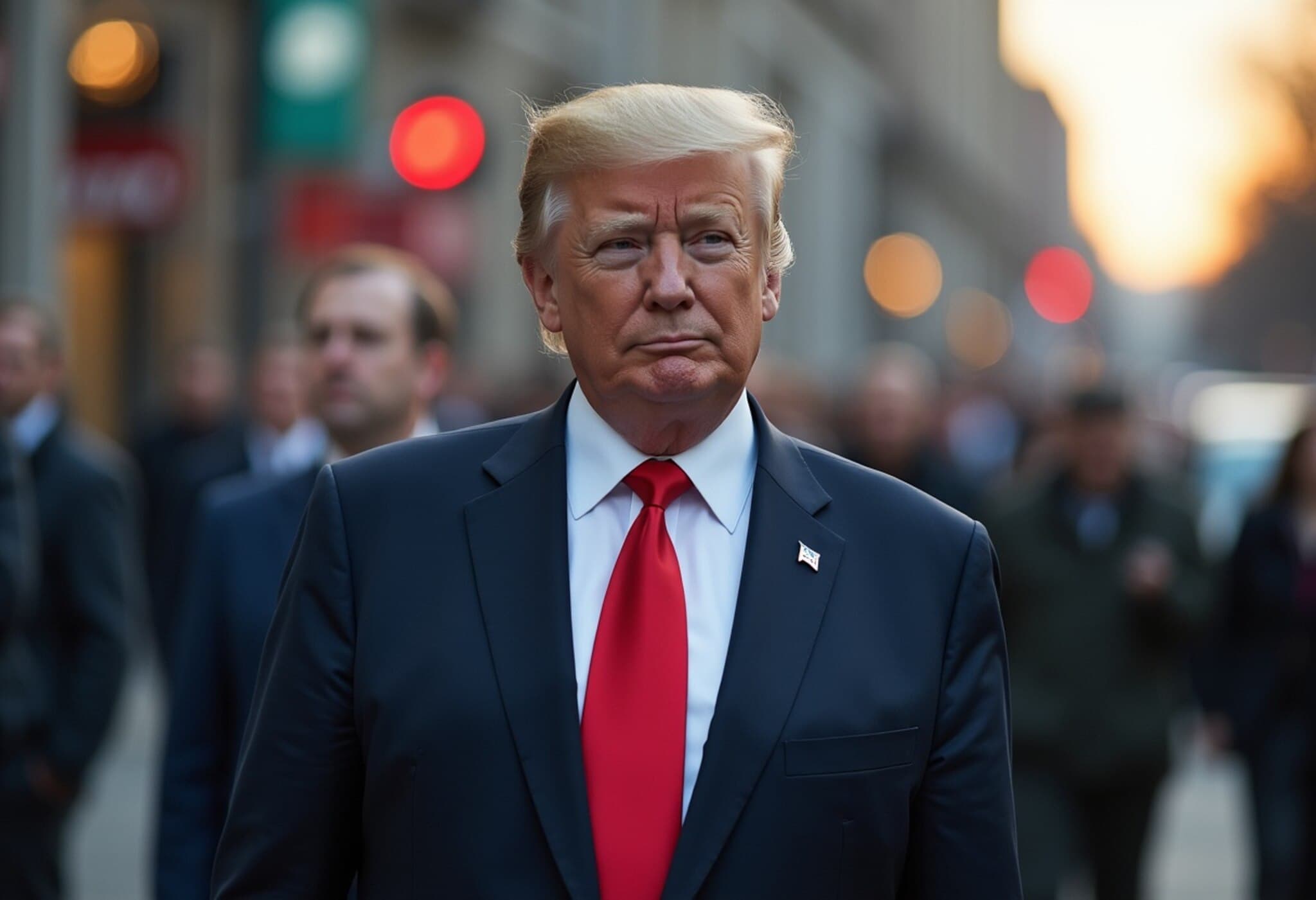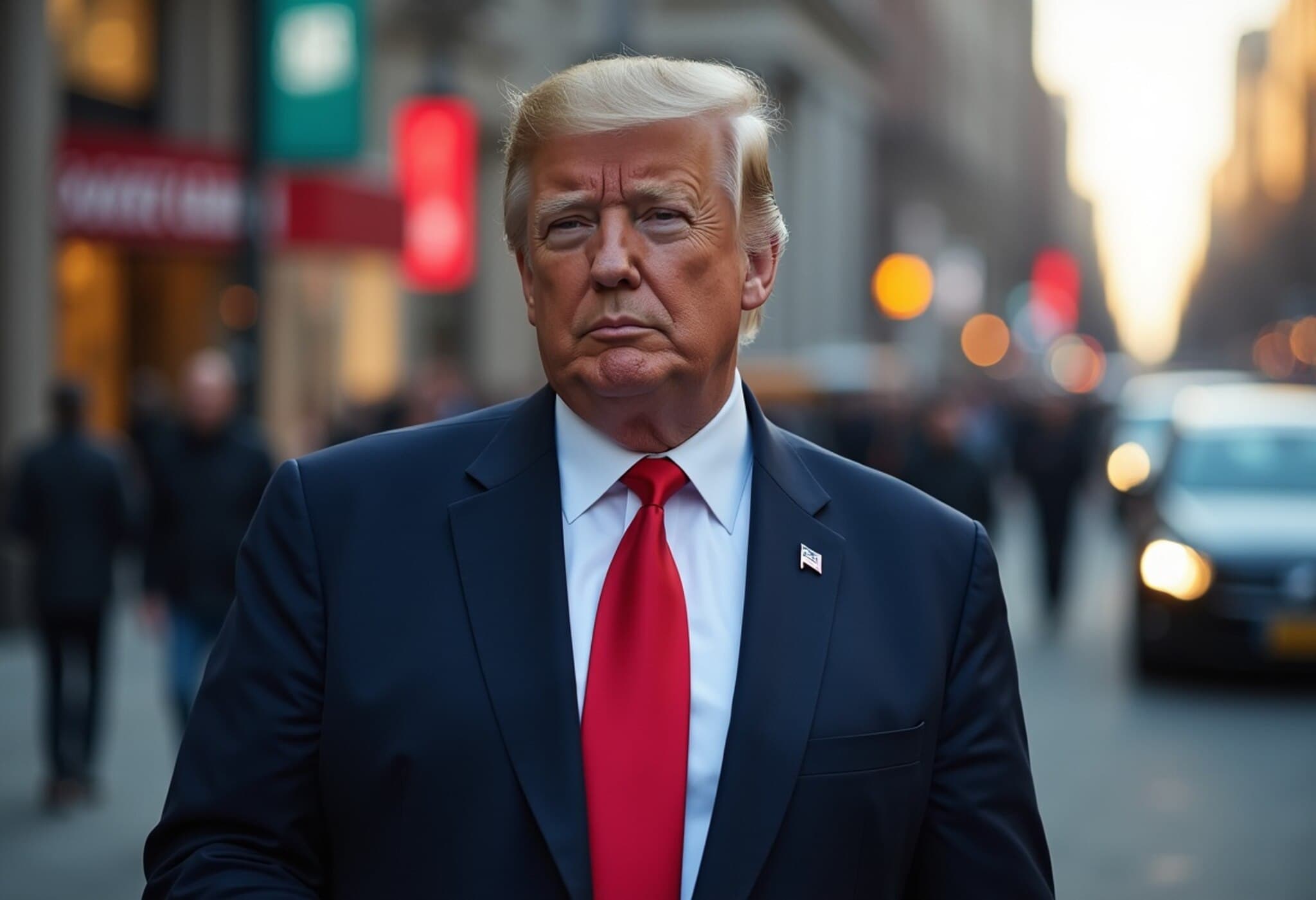Trump’s Tough Stance Marks a New Chapter in US-Russia Relations
In a significant departure from his earlier rhetoric, former US President Donald Trump has openly described Russian President Vladimir Putin in terms that hint at deep frustration and strategic recalibration. Calling Putin a “tough guy” while stopping short of labeling him outright as an assassin, Trump’s recent remarks signal a marked shift from his previous admiration for the Kremlin leader.
Backing Words with Military Muscle
What sets this development apart is not just the rhetoric, but the accompanying military commitment. The United States, alongside several European allies, is expanding its support to Ukraine beyond defense by sending advanced Patriot missile systems and considerable quantities of ammunition and military equipment. NATO Secretary-General Mark Rutte emphasized during a joint announcement with Trump that the aim is to empower Ukraine to launch counterattacks, thereby increasing pressure on Putin to negotiate a ceasefire.
Details of the Military Support Package
- Approximately 17 Patriot missile batteries to strengthen Ukraine’s air defense capabilities, significant given their current limited stock.
- Massive shipments of missiles and ammunition, with contributing countries including Germany, the UK, Canada, Finland, Sweden, Norway, and Denmark.
- Estimated total package valued at around $15.3 billion (US$10 billion), highlighting the scale of Western commitment.
This strategic support aims to bridge Ukraine’s gap in artillery shells—where Russia notably outproduces Europe—underscoring the necessity for expanded European manufacturing alongside military aid. The ripple effect is visible globally, as nations like Australia ramp up domestic production to reduce reliance on imports amid ongoing geopolitical tensions.
Economic Leverage: Tariffs Targeting Russia’s Allies
Alongside military efforts, Trump has issued a compelling tariff threat set to take effect in 50 days unless Putin agrees to peace talks. Unlike previous, often nebulous deadlines, this threat carries serious economic implications not just for Russia but for its key energy customers—namely India and China.
Experts highlight this move as a strategic attempt to economically isolate Russia by penalizing nations that continue to purchase Russian oil, potentially complicating US relations with major global powers. Senator Lindsey Graham and other Republican figures advocate even harsher tariff measures, proposing spikes up to 500%, reflecting a hardline faction eager to squeeze Moscow’s support network.
Challenges and Questions Ahead
- Will the US enforce tariffs on India and China, risking further geopolitical strain?
- Can economic pressure complement military aid to compel Putin toward negotiations?
- How sustainable is the enhanced military support for Ukraine, given global supply chain limitations?
While Trump’s tariff threat marks a notable pivot from his earlier stance of criticizing Ukraine’s leadership, skeptics caution that the effectiveness depends on sustained follow-through. Historically, Trump’s deadlines have sometimes yielded little concrete change, raising the question whether this “muscle” behind the menace will translate into tangible pressure on Russia.
A Battle of Wills: The Narcissist vs. The Assassin
Observers frame this moment as a high-stakes contest between Trump’s assertive posturing and Putin’s calculated aggression. The “narcissist versus assassin” narrative captures the personal and political dynamics shaping what may be a crucial test in international diplomacy. The outcome remains uncertain, with global security hanging in the balance as both leaders navigate their complex chessboard.
Editor’s Note
This unfolding scenario underscores a broader geopolitical shift where economic and military tools converge to influence conflict outcomes. Trump's evolving rhetoric and policy mark a significant recalibration in US strategy toward Russia, highlighting the delicate balance between deterrence and escalation. Readers should watch closely how tariff enforcement and military support evolve, as they will deeply affect not only Ukraine’s future but also the global order. This moment calls for heightened scrutiny of the intersecting roles of leadership psychology, economic policy, and alliance dynamics shaping world affairs.

